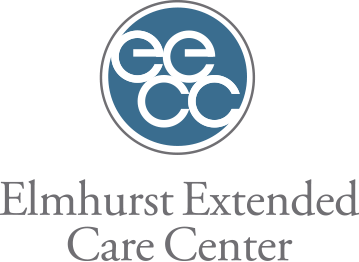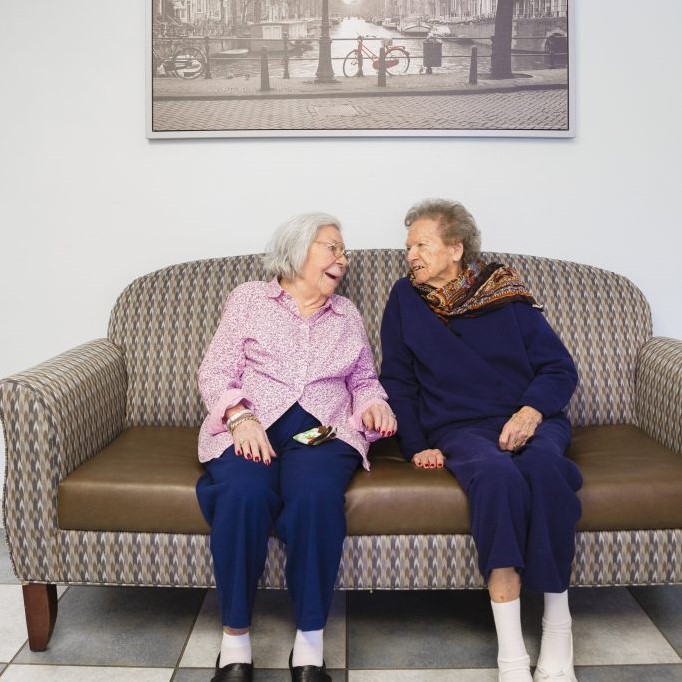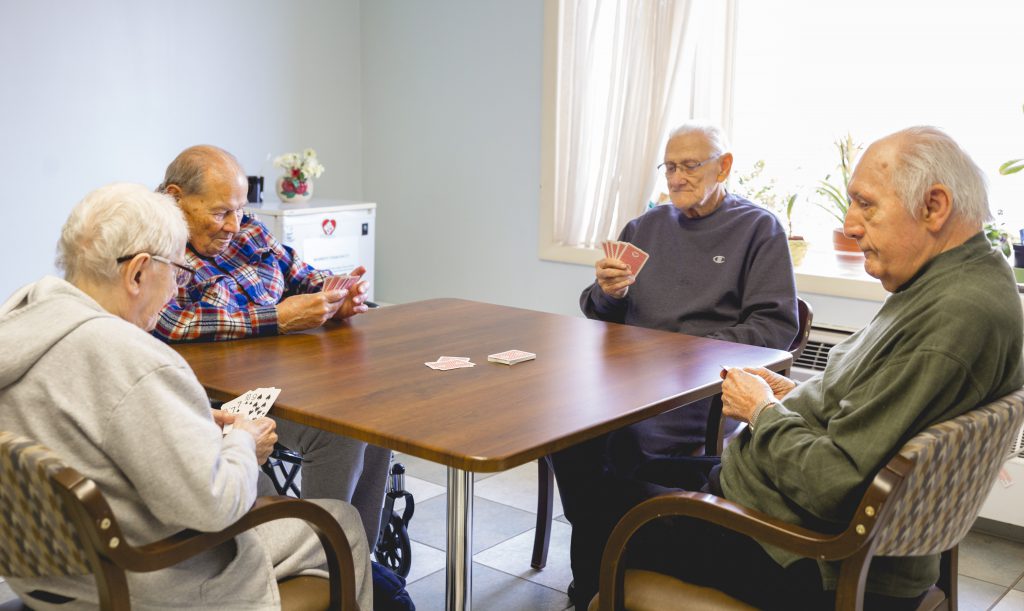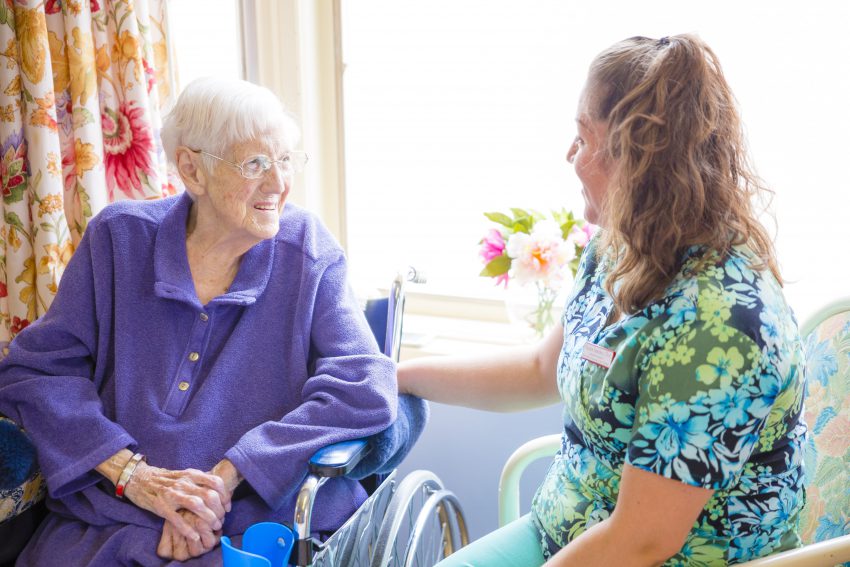The Importance of a Certified Memory Care Unit for Your Loved One Suffering from Alzheimer’s or Dementia
Memory care units offer those suffering from Alzheimer’s and dementia a safe environment with around-the-clock care. While a standard long-term care facility can provide a home-like environment for residents and patients, it’s best to find a facility with a certified memory care unit when considering where to place your loved one with dementia or Alzheimer’s.
Memory Care Units Offer Unique Layouts for Alzheimer’s and Dementia Patients
The physical layout of a certified memory care unit is strategically designed to offer the best environment for dementia and Alzheimer’s patients. The design is created with wandering in mind – a symptom common for patients suffering from these diseases – and minimizes symptomatic behavior while also making it easy for residents to navigate around the unit.
At Elmhurst Extended Care Center, our wander management system within our certified memory care unit allows residents to freely move about the floor while ensuring their safety and security in the area.
It’s important that, although wandering is intended to be minimized in a memory care unit, Alzheimer’s and dementia patients are still able to enjoy plenty of movement and stimulation. EECC has designed our unit with two multipurpose areas for dining, visiting and activities. Each area is on opposite ends of the floor, promoting continuous movement and stimulation.
Dedicated, Trained and Experienced Staff Make Up Certified Memory Care Units
As Alzheimer’s and dementia patients require specialized care, it’s important that the staff at your long-term care facility are trained especially for this. Memory care provides intensive, long-term medical care, and as such, the staff in the certified memory care unit is a key factor in the comfortability of your loved one.
Elmhurst Extended Care Center holds our compassionate staff in high regard. They are regularly trained in behavior management in order to maximize each resident’s highest potential. Some of the benefits of our memory care unit include:
- Developing individualized plans for person-centered care
- Providing adaptive activities programs focused on each resident’s abilities
- Striving to reach each resident’s highest potential
- Encouraging participation in favorite life activities and familiar tasks
- Assisting family members and loved ones in understanding these complex diseases
Memory Care at Elmhurst Extended Care Center
Through our skilled staff and ongoing training in dealing with these complex and difficult diseases, EECC understands the challenges that you face when caring for a loved one with Alzheimer’s or dementia. We offer a monthly Alzheimer’s and dementia support group along with DVDs and other valuable information that can support and assist you with your loved one and their care.
If you’d like to see if the certified memory care unit at Elmhurst Extended Care Center is the right place for your loved one, schedule a tour today.
Worried your loved one may be developing Alzheimer’s or dementia? Here are 7 signs and symptoms.






